Mental health diet
Nutritional psychiatry: Your brain on food
Think about it. Your brain is always "on." It takes care of your thoughts and movements, your breathing and heartbeat, your senses — it works hard 24/7, even while you’re asleep. This means your brain requires a constant supply of fuel. That "fuel" comes from the foods you eat — and what’s in that fuel makes all the difference. Put simply, what you eat directly affects the structure and function of your brain and, ultimately, your mood.
Like an expensive car, your brain functions best when it gets only premium fuel. Eating high-quality foods that contain lots of vitamins, minerals, and antioxidants nourishes the brain and protects it from oxidative stress — the "waste" (free radicals) produced when the body uses oxygen, which can damage cells.
Unfortunately, just like an expensive car, your brain can be damaged if you ingest anything other than premium fuel. If substances from "low-premium" fuel (such as what you get from processed or refined foods) get to the brain, it has little ability to get rid of them. Diets high in refined sugars, for example, are harmful to the brain. In addition to worsening your body’s regulation of insulin, they also promote inflammation and oxidative stress. Multiple studies have found a correlation between a diet high in refined sugars and impaired brain function — and even a worsening of symptoms of mood disorders, such as depression.
It makes sense. If your brain is deprived of good-quality nutrition, or if free radicals or damaging inflammatory cells are circulating within the brain’s enclosed space, further contributing to brain tissue injury, consequences are to be expected. What’s interesting is that for many years, the medical field did not fully acknowledge the connection between mood and food.
Today, fortunately, the burgeoning field of nutritional psychiatry is finding there are many consequences and correlations between not only what you eat, how you feel, and how you ultimately behave, but also the kinds of bacteria that live in your gut.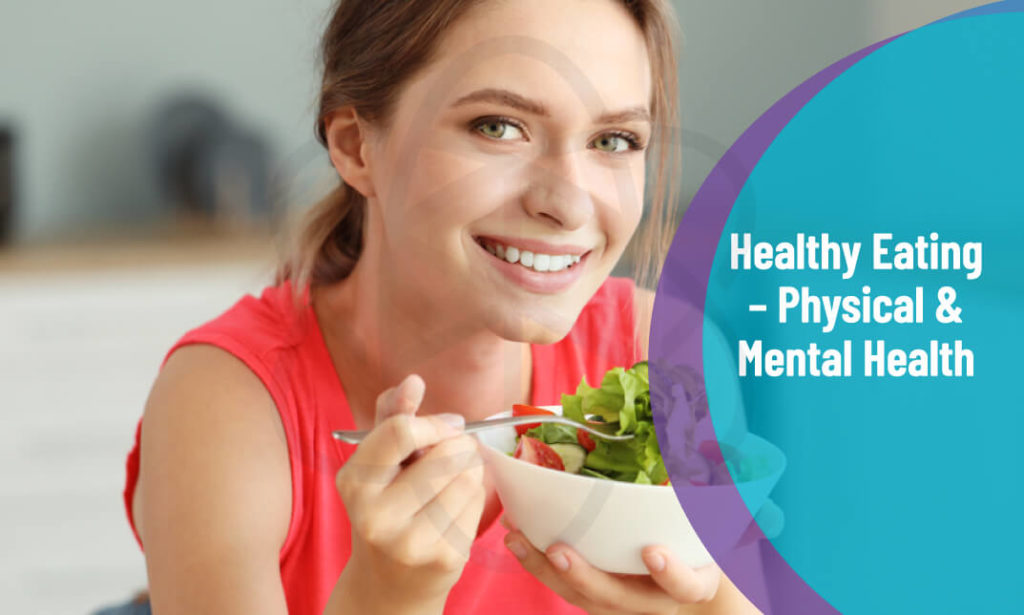
How the foods you eat affect your mental health
Serotonin is a neurotransmitter that helps regulate sleep and appetite, mediate moods, and inhibit pain. Since about 95% of your serotonin is produced in your gastrointestinal tract, and your gastrointestinal tract is lined with a hundred million nerve cells, or neurons, it makes sense that the inner workings of your digestive system don’t just help you digest food, but also guide your emotions. What’s more, the function of these neurons — and the production of neurotransmitters like serotonin — is highly influenced by the billions of "good" bacteria that make up your intestinal microbiome. These bacteria play an essential role in your health. They protect the lining of your intestines and ensure they provide a strong barrier against toxins and "bad" bacteria; they limit inflammation; they improve how well you absorb nutrients from your food; and they activate neural pathways that travel directly between the gut and the brain.
Studies have compared "traditional" diets, like the Mediterranean diet and the traditional Japanese diet, to a typical "Western" diet and have shown that the risk of depression is 25% to 35% lower in those who eat a traditional diet. Scientists account for this difference because these traditional diets tend to be high in vegetables, fruits, unprocessed grains, and fish and seafood, and to contain only modest amounts of lean meats and dairy. They are also void of processed and refined foods and sugars, which are staples of the "Western" dietary pattern. In addition, many of these unprocessed foods are fermented, and therefore act as natural probiotics.
This may sound implausible to you, but the notion that good bacteria not only influence what your gut digests and absorbs, but that they also affect the degree of inflammation throughout your body, as well as your mood and energy level, is gaining traction among researchers.
Nutritional psychiatry: What does it mean for you?
Start paying attention to how eating different foods makes you feel — not just in the moment, but the next day.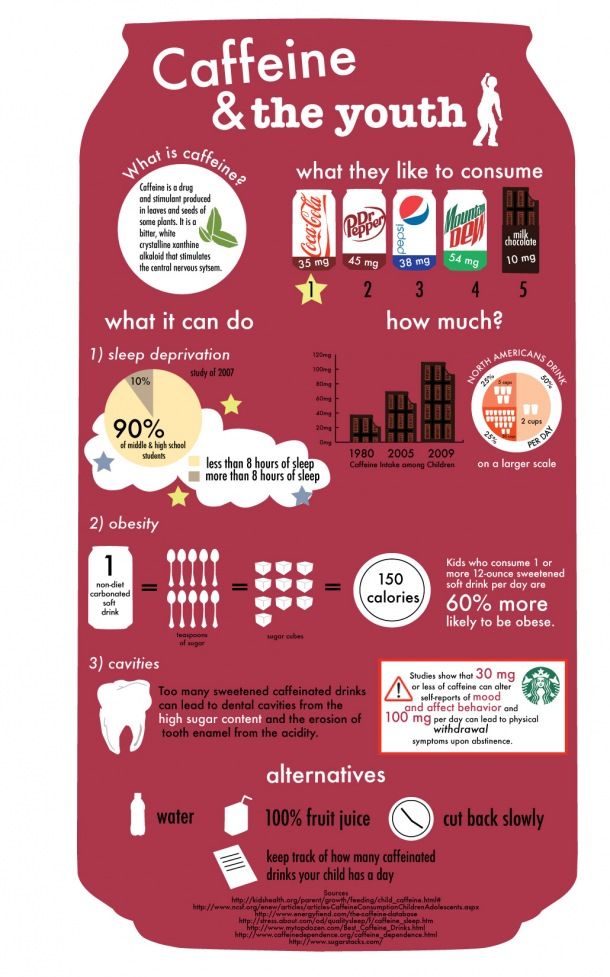 Try eating a "clean" diet for two to three weeks — that means cutting out all processed foods and sugar. See how you feel. Then slowly introduce foods back into your diet, one by one, and see how you feel.
Try eating a "clean" diet for two to three weeks — that means cutting out all processed foods and sugar. See how you feel. Then slowly introduce foods back into your diet, one by one, and see how you feel.
When some people "go clean," they cannot believe how much better they feel both physically and emotionally, and how much worse they then feel when they reintroduce the foods that are known to enhance inflammation.
Adapted from a Harvard Health Blog post by Eva Selhub, MD
Image: Pablo_K/Getty Images
Healthy Diet: Eating with Mental Health in Mind
You’ve probably heard the expression, “you are what you eat,” but what exactly does that mean? Put simply, food is fuel, and the kinds of foods and drinks you consume determine the types of nutrients in your system and impact how well your mind and body are able to function.
Drinks
Avoid: Sugary drinks and excessive amounts of caffeine.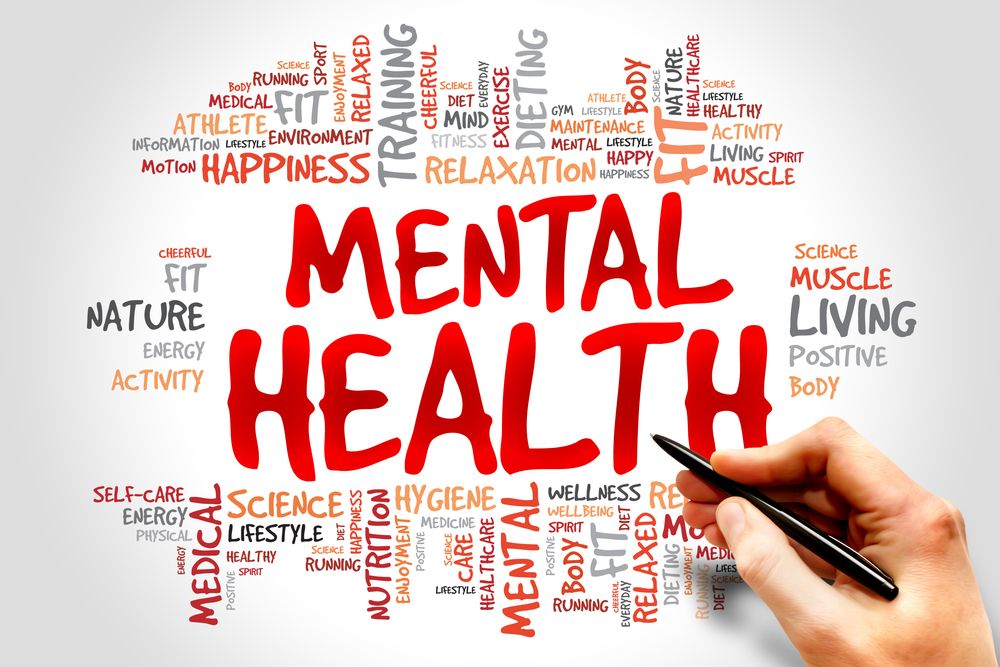 Sugary drinks have empty calories and damage tooth enamel. Caffeine should also be avoided in excess, as it can trigger panic attacks in people who have anxiety disorders.
0
Sugary drinks have empty calories and damage tooth enamel. Caffeine should also be avoided in excess, as it can trigger panic attacks in people who have anxiety disorders.
0
Try to: Drink at least 8 glasses of water a day (about 2 liters) to prevent dehydration. Studies show that even mild dehydration can cause fatigue, difficulty concentrating, and mood changes1, in addition to physical effects like thirst, decreased or dark urine, dry skin, headache, dizziness and/or constipation. Limit caffeine if you have an anxiety disorder. If you feel like you need some caffeine, try tea. Tea has lower amounts of caffeine than coffee and has lots of antioxidants-chemicals found in plants that protect body tissues and prevent cell damage.
Breakfast
Avoid: Skipping breakfast. Breakfast is needed to fuel your body (including your brain) after going without food during sleep and also jump starts your metabolism for the day. Skipping meals leads to fatigue and feelings of “brain fog.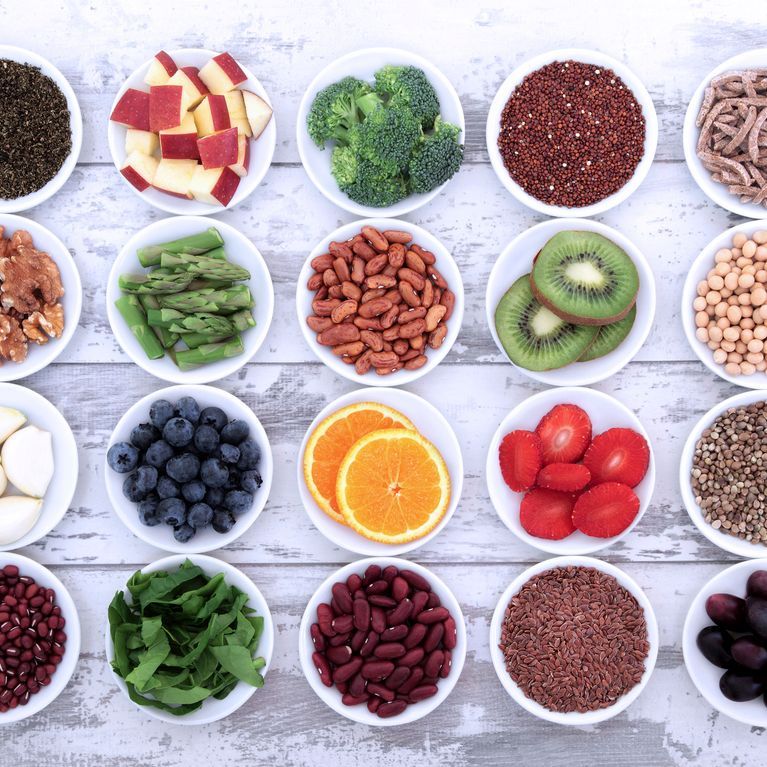 ”
”
Try to: Incorporate a healthy breakfast into your routine. If you’re tight on time in the mornings, grab a whole grain granola bar, yogurt and a piece of fruit to get you off to a good start.
Lunch and Dinner
Avoid: High-fat dairy, and fried, refined and sugary foods, which have little nutritional value. In addition to contributing to weight gain, and conditions like diabetes, research shows that a diet that consists primarily of these kinds of foods significantly increases risk of depression.2
Try to: Eat a diet that relies on fruits, vegetables, nuts, whole grains, fish and unsaturated fats (like olive oil). People who follow this kind of diet are up to 30% less likely to develop depression than people who eat lots of meat and dairy products.3
Tips for the Grocery Store |
|
Mind and Body Boosting Nutrients
Folate (Folic Acid, Vitamin B9)
Increased intake of folate is associated with a lower risk of depression.4
Folate is especially important for pregnant women, but everyone needs folic acid for production of cells. It is especially important for healthy hair, skin, nails, eyes, liver and red blood cell production.
Leafy green vegetables like spinach and kale, fruits, nuts, beans and whole grains have high amounts of folate, or folic acid.
Vitamin D
Rates of depression are higher in people with Vitamin D deficiency compared to people who have adequate levels of vitamin D.5 Lack of Vitamin D is thought to play a role in Seasonal Affective Disorder, which is depression that commonly starts in the fall, lasts through winter and subsides in the sunnier spring and summer months.
Vitamin D is needed to help the body absorb calcium for strong teeth and bones, and the health of muscles and the immune system. Vitamin D deficiency is associated with heart disease and increased risk of heart attacks.6
Most foods do not naturally have Vitamin D, but many are “Vitamin D fortified.” Fatty fish like salmon and tuna have the most naturally occurring Vitamin D. Other foods like milk, orange juice and breakfast cereals have Vitamin D added.
Our bodies also produce Vitamin D as a result of being in the sun. Five to thirty minutes of sun exposure twice a week generally produces enough Vitamin D, with lighter-skinned people requiring less time than those with darker skin. 7 Time in the sun beyond the suggested amounts above requires use of sunscreen to prevent skin damage and reduce risk of skin cancer. Vitamin D supplements may be used in fall and winter months.
7 Time in the sun beyond the suggested amounts above requires use of sunscreen to prevent skin damage and reduce risk of skin cancer. Vitamin D supplements may be used in fall and winter months.
Omega-3 Fatty Acids
Some studies suggest that omega-3s may be helpful in the treatment of depression and seem to have a mood-stabilizing effect. Omega-3 essential fatty acids may also help boost the effectiveness of conventional antidepressants and help young people with ADHD.
Omega-3 fatty acids are thought to be important in reducing inflammation, the primary cause of conditions like arthritis and asthma, and play a role in heart health by reducing triglycerides (blood fats). They may also reduce risk for certain kinds of cancer.8
Oily fish (salmon, trout, mackerel, anchovies and sardines) are the most highly recommended sources of omega-3 fatty acids, and the American Heart Association suggests eating these types of fish at least twice a week. Omega-3s can also be found in walnuts, flax (or flaxseed oil), olive oil, fresh basil and dark green leafy vegetables.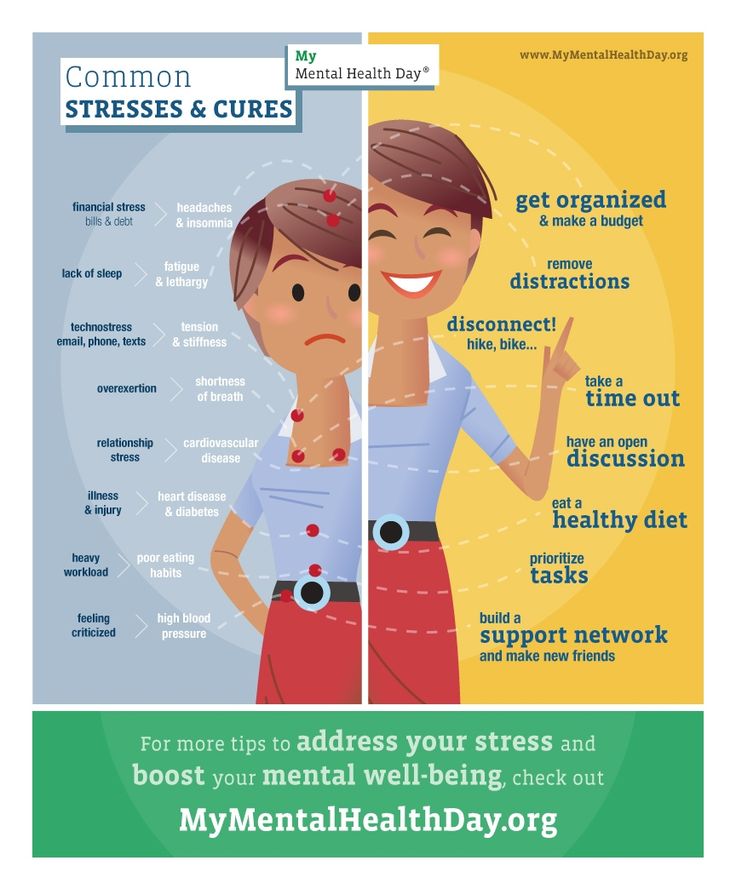
Sources
0 Nardi AE, Valenca AM, Nascimento I, Freire RC, Veras AB, de-Melo-Neto VL, et al. A caffeine challenge test in panic disorder patients, their healthy first-degree relatives, and healthy controls. Depress Anxiety. 2008;25(10):847-53
1Nauert, R. (2012). Dehydration Influences Mood, Cognition. Psych Central. Retrieved on March 12, 2014, from http://psychcentral.com/news/2012/02/20/dehydration-influences-mood-cognition/35037.html
2Akbaraly TN, Brunner EJ, Ferrie JE, Marmot MG, Kivimaki M, Singh-Manoux A. Dietary pattern and depressive symptoms in middle age. Br J Psychiatry. 2009;195:408-413.
3Sánchez-Villegas A, Delgado-Rodríguez M, Alonso A, et al. Association of the Mediterranean dietary pattern with the incidence of depression: the Seguimiento Universidad de Navarra/University of Navarra follow-up (SUN) cohort. Arch Gen Psychiatry. 2009;66:1090-1098.
4University of Eastern Finland. (2013, September 16). Diet is associated with risk of depression. ScienceDaily. Retrieved March 5, 2014 from www.sciencedaily.com/releases/2013/09/130916103530.htm
ScienceDaily. Retrieved March 5, 2014 from www.sciencedaily.com/releases/2013/09/130916103530.htm
5Anglin R, Samaan Z, Walter S et al. Vitamin D deficiency and depression in adults: systematic review and meta-analysis. British Journal of Psychiatry, 2013.
6Giovannucci E, Liu Y, Hollis BW, Rimm EB. 25-Hydroxyvitamin D and Risk of Myocardial Infarction in Men: A Prospective Study. Arch Intern Med. 2008;168(11):1174-1180. doi:10.1001/archinte.168.11.1174.
7Holick MF. Vitamin D deficiency. N Engl J Med 2007;357:266-81.
8http://umm.edu/health/medical/altmed/supplement/omega3-fatty-acids
Nutritionist reveals which foods improve mental health
Health experts warn that the protracted nature of the coronavirus pandemic could lead to a mental health crisis. While therapy and stress medications are often necessary, the foods we eat also have an impact on well-being, writes The Huffington Post in The Foods To Eat For Better Mental Health. According to an American Psychiatric Association poll released in March, 36% of Americans believe that the COVID-19 pandemicseriously affects their mental health. Most people worry about their finances, the risk of infection, and the risk of getting seriously ill or dying.
Most people worry about their finances, the risk of infection, and the risk of getting seriously ill or dying.
Pandemic-related uncertainty has heightened stress and anxiety, leading to greater demand for prescriptions (and some shortages) of antidepressants, anti-anxiety and insomnia drugs. While it's dangerous to think of food as a substitute for medication, nutrition for brain health can help ease anxiety, depression and even PTSD, said Uma Naidu, a nutritionist and author of a new book, How the Brain Responds to Food. ”During COVID-19and a significant spike in disorders is expected to continue, in particular anxiety, depression and stress, she said in an interview with HuffPost. “Because we all eat, food becomes one of the mechanisms for making us feel better.”
The connection between the intestine and the brain
The intestine is called the “second brain”. The connection between them is obvious. We feel "butterflies in the stomach" when we are nervous, and some kind of intuitive response when we make an important decision. Naidu believes that the two organs are connected physically and biochemically through the gut-brain axis, a complex communication network that connects the emotional and cognitive centers of the brain to the functions of the gut. The “romance between the brain and the gut,” Naidoo writes in her book, is driven by the vagus nerve, the central part of the nervous system that controls mood, immune response, digestion, and other bodily functions. It is also the main link between the brain and the gastrointestinal tract. Stress can suppress the action of the vagus nerve, affecting the intestinal microflora and disturbing the gastrointestinal balance.
Naidu believes that the two organs are connected physically and biochemically through the gut-brain axis, a complex communication network that connects the emotional and cognitive centers of the brain to the functions of the gut. The “romance between the brain and the gut,” Naidoo writes in her book, is driven by the vagus nerve, the central part of the nervous system that controls mood, immune response, digestion, and other bodily functions. It is also the main link between the brain and the gastrointestinal tract. Stress can suppress the action of the vagus nerve, affecting the intestinal microflora and disturbing the gastrointestinal balance.
The central nervous system also produces dopamine, serotonin, and other chemicals that regulate mood and influence thoughts and emotions. Serotonin deficiency in particular can cause anxiety and depression, and about 90% of serotonin receptors are found in the gut. The gut-brain connection explains why what we eat affects our mental health.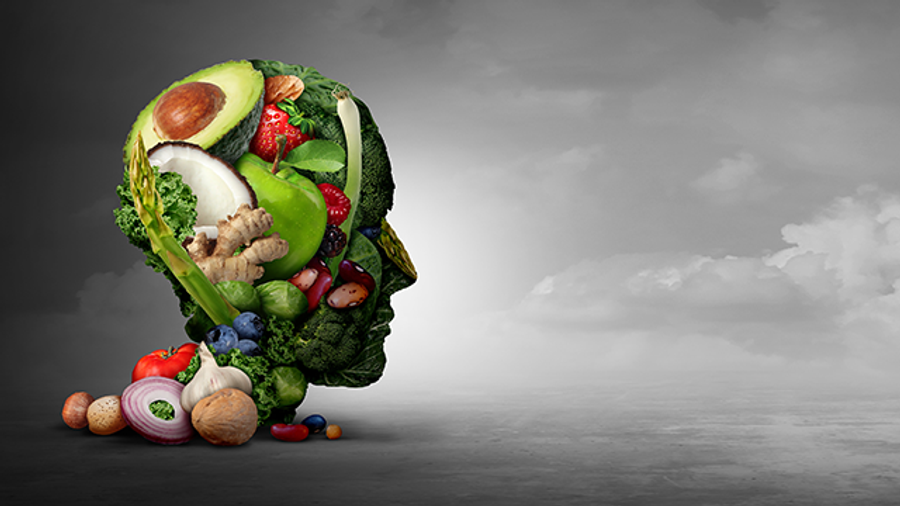 “It's not just about what we eat, but also that certain foods have either a positive or a negative effect,” Naidu said. Dina Minich, Board Certified Practitioner of the Institute of Functional Medicine and Dietitian, also highlights the importance of diet in controlling inflammation in the body: “Having a healthy anti-inflammatory diet reduces levels of dysfunction and inflammation in the body, which can be the root cause of symptoms or disease.”
“It's not just about what we eat, but also that certain foods have either a positive or a negative effect,” Naidu said. Dina Minich, Board Certified Practitioner of the Institute of Functional Medicine and Dietitian, also highlights the importance of diet in controlling inflammation in the body: “Having a healthy anti-inflammatory diet reduces levels of dysfunction and inflammation in the body, which can be the root cause of symptoms or disease.”
Mental Health Foods
Most of the key nutrients needed for brain and gut health are found naturally in foods, so Minich says it's best to choose foods over supplements. Dietary supplements can fill some nutritional gaps, but before using them, you should consult a specialist. For best results, a nutritionist can tailor the diet to individual mental health needs. According to Naidoo, there are three categories of foods that help reduce stress and anxiety.
1. Prebiotics and Probiotics
According to the Academy of Nutrition and Dietetics, prebiotics are non-digestible ingredients found naturally in the gut that promote the growth of beneficial bacteria, while probiotics are live beneficial bacteria in the gut.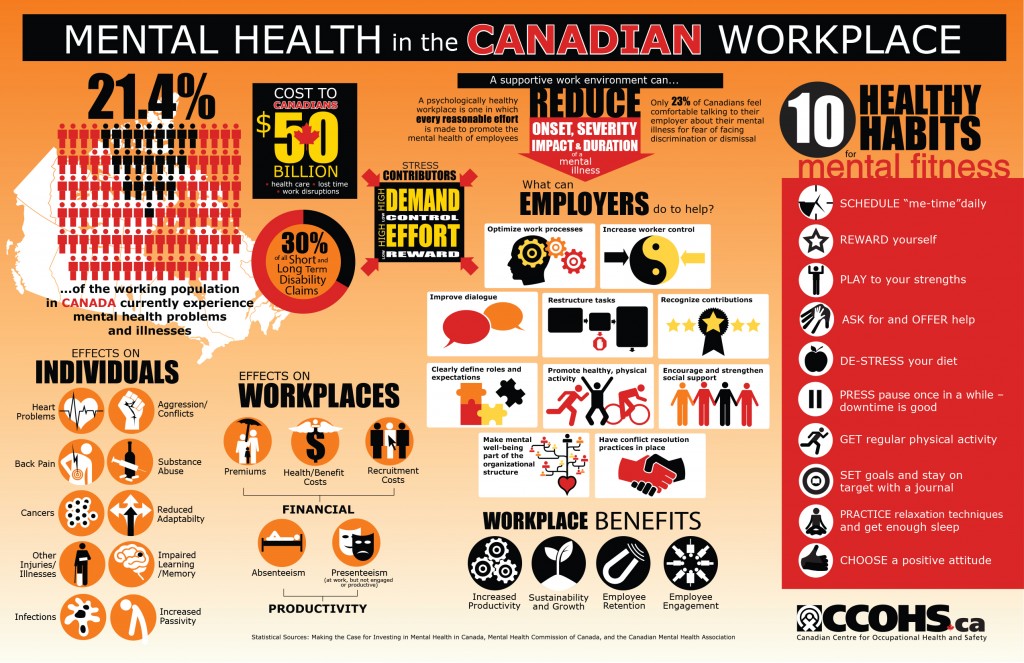 “Foods with prebiotics and probiotics are a good foundation to start regulating gut health and therefore mental health,” said Naidoo. Yogurt with active cultures is a major source of probiotics, along with fermented foods such as miso, kimchi and kombucha, sauerkraut, buttermilk and some cheeses such as cheddar, mozzarella and gouda. Prebiotic-rich foods include beans, legumes, oats, garlic, onions, berries, and bananas.
“Foods with prebiotics and probiotics are a good foundation to start regulating gut health and therefore mental health,” said Naidoo. Yogurt with active cultures is a major source of probiotics, along with fermented foods such as miso, kimchi and kombucha, sauerkraut, buttermilk and some cheeses such as cheddar, mozzarella and gouda. Prebiotic-rich foods include beans, legumes, oats, garlic, onions, berries, and bananas.
2. Fruits and vegetables
Fruits and vegetables contain valuable prebiotics, vitamins, minerals and antioxidants. For example, magnesium found in avocados, nuts, and salmon and vitamin C in broccoli, oranges, and kale can help reduce anxiety. Fruits and vegetables are sources of fiber that reduces anxiety. But according to the Centers for Disease Control and Prevention, only about 10% of American adults consume the recommended 1.5-2 servings of fruit and 2-3 servings of vegetables per day. “It's good food for gut bacteria,” Naidoo said.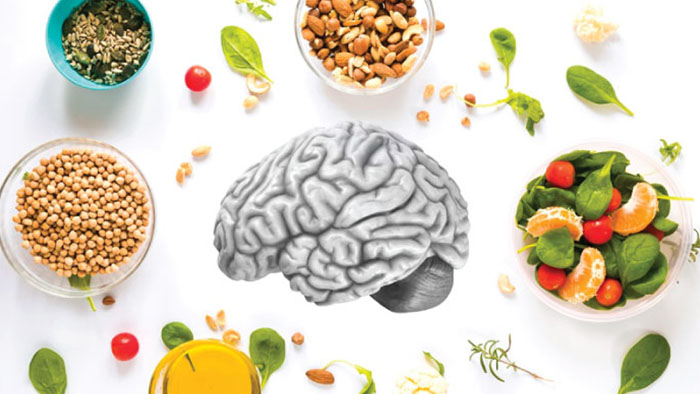 “When beneficial gut bacteria receive these nutrients, they function properly, improving mood and well-being, and preventing inflammation.”
“When beneficial gut bacteria receive these nutrients, they function properly, improving mood and well-being, and preventing inflammation.”
3. Spices
Spices have no calories and smell good. Unfortunately, their impact on brain and gut health is often overlooked. According to Naidoo, one of the best spice combinations is turmeric with a pinch of black pepper. Black pepper activates the curcumin compound in turmeric, which has antioxidant and anti-inflammatory properties. “It’s good to add turmeric to a shake, smoothie, or soup,” the nutritionist said. “Just a quarter of a teaspoon a day with a pinch of black pepper helps fight anxiety, depression and many other conditions.” Dried oregano, curry, chili and cumin seeds also contain antioxidants.
Foods that can harm mental health
Fried, processed foods, trans fats, nitrates, and foods high in salt, saturated fats, and refined sugars can make depression, anxiety, and stress worse.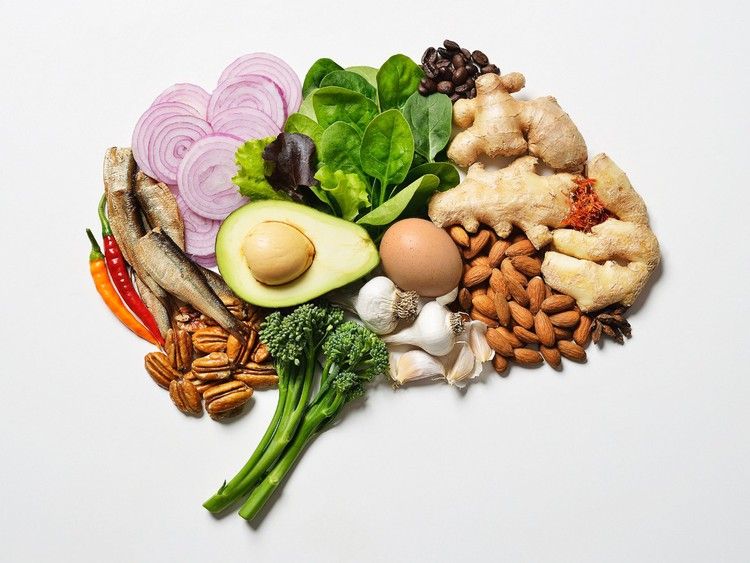 “Eating processed foods and fast food encourages bad gut bacteria to thrive and promote inflammation,” Naidoo explained. Excess caffeine and alcohol can also worsen mental health - these foods are good in moderation. According to Naidoo, drinking up to 400 ml of coffee per day should not be a cause for concern. People react differently to drinking alcohol, but generally four drinks a day for men and three for women are considered excessive drinking.
“Eating processed foods and fast food encourages bad gut bacteria to thrive and promote inflammation,” Naidoo explained. Excess caffeine and alcohol can also worsen mental health - these foods are good in moderation. According to Naidoo, drinking up to 400 ml of coffee per day should not be a cause for concern. People react differently to drinking alcohol, but generally four drinks a day for men and three for women are considered excessive drinking.
How to start eating right for better mental health
To change your diet around mental health, Naidu suggests starting small. Trying to change too much in a short time can backfire. “Slow and steady changes over time will begin to form a healthy gut, and nutrients that are good for the brain will accumulate,” the expert said. The best place to start is by controlling your diet. Write down what you've eaten in the last 24-48 hours, circle the unhealthy foods, and then choose one simple change you can make. You don't have to give up your favorite, less healthy foods.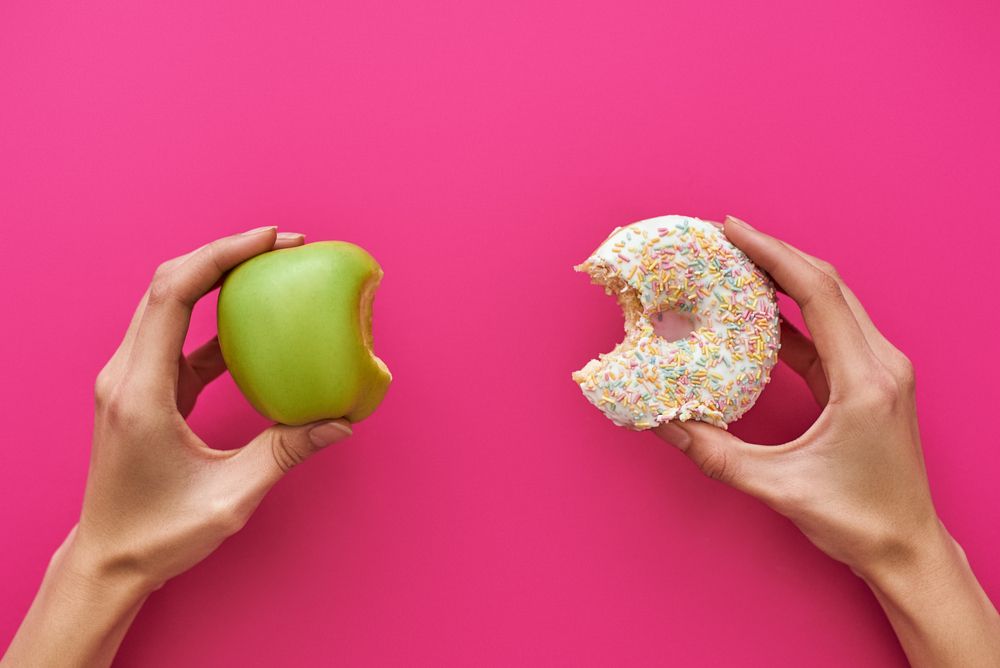
“I believe not only in healthy food, but also in delicious food,” said Naidu. - If you like ice cream, that's perfectly fine. Treat yourself to ice cream one of the days. Enjoy it and move on." It can take hours to months to feel better, Minich says.
Today, it's especially important to take action to improve your diet to support mental health as the effects of the pandemic continue to impact, says Minich. Worries about work, finances, food insecurity, gaps in children's education and more take their toll on mental health. “A healthy diet can help mitigate the effects of the pandemic, as it sets the stage for a healthy gut microflora and a reduction in inflammatory processes that affect mood, anxiety, depression and even sleep,” Minich said.
The 6 Best Foods for the Brain According to a Harvard Dietitian
Like the complex relationship between the gut and the brain, diet and mental health are inextricably linked , and the relationship between them is mutually directed : lack of proper choice nutrition leads to an increase in mental health problems, and mental health problems in turn lead to bad eating habits.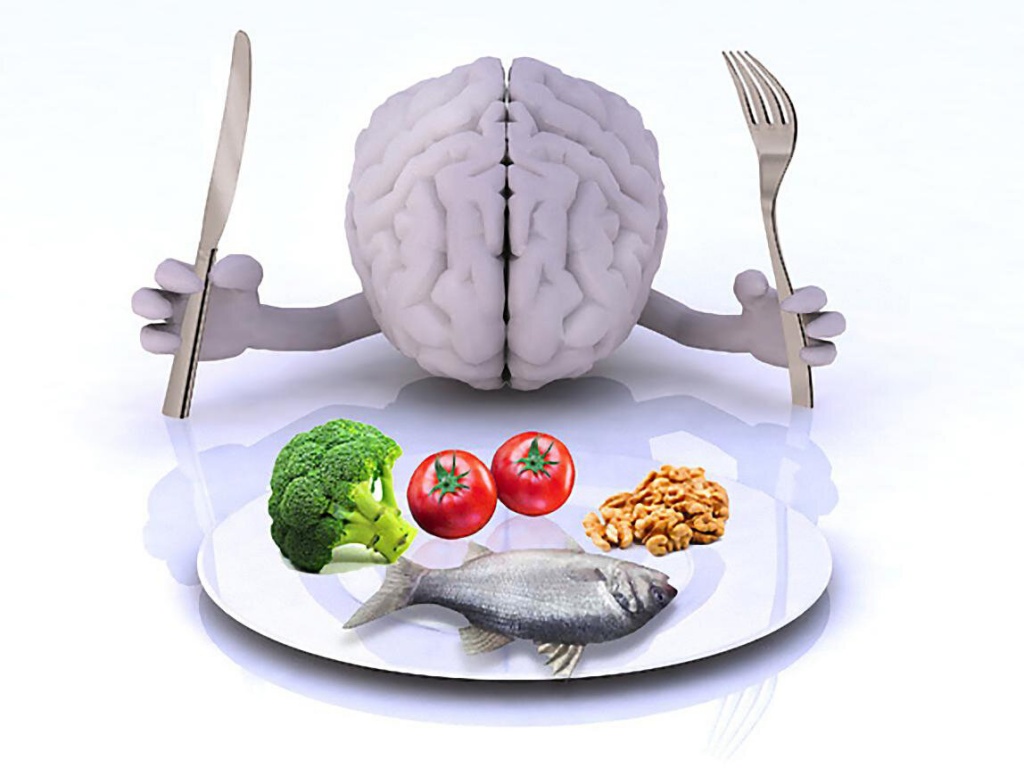
When a person is in the most painful mood, cognitive control over food fails and eating something fatty is the easiest and most automatic thing. Bad habits are very common, such as the consumption of toxic substances such as tobacco and alcohol, as well as foods rich in ultra-processed sugars, refined flours and saturated fats. These foods, although very tasty, are very poorly fed. Healthy eating is the key to a healthy lifestyle and mental health protection.
In addition to taking care of yourself, you must not only take diet into account, but also accompany it with frequent physical activity and appropriate rest time, at least 7 hours per day . On the other hand, it has been observed that contact with nature also helps to have a healthy mind. It is recommended to try to walk in the forest, mountains or sea at least once or twice a week. Proximity to these natural environments improves overall and mental health and helps to contain stress.
“When people find out that I'm a psychiatrist, brain health researcher, and nutritionist, they often ask me how they should eat to make the most of the amazing power of the brain. Based on my work with hundreds of patients, below are the top brain stimulating foods that people don't eat enough of. Including them in your diet can improve your mood, sharpen your memory, and help your brain work at peak efficiency.” - Dr. Uma Naidu, a nutritional psychiatrist, brain expert and teacher at Harvard Medical School, said in a conversation with CNBC .
In 2013, a meta-analysis of 5 scientific studies examined the effects of saffron supplementation on depressive symptoms in participants with major depressive disorder. In all of these trials, researchers found that it significantly reduced symptoms of depression6 Best Foods for the Brain According to Harvard Nutritionist0069
1. Especias
In addition to adding flavor, spices are known for their antioxidant properties . In other words, they help the brain fight harmful free radicals and thus prevent oxidative stress, which can damage tissues.
In other words, they help the brain fight harmful free radicals and thus prevent oxidative stress, which can damage tissues.
“One of my favorite spices is Turmeric, which excels when it comes to reducing anxiety. Curcumin , the active ingredient in turmeric, can reduce anxiety and alter related brain chemistry while protecting the hippocampus. I also love saffron,” continued Naidoo , who is also Director of Nutrition and Lifestyle Psychiatry at Massachusetts General Hospital and author of It’s Your Brain in Food: An Essential Guide to Amazing Foods. who struggle with depression, anxiety, PTSD, OCD, ADHD, and more."
In 2013, a meta-analysis of five previously published randomized controlled trials examined the effects of saffron supplementation on depressive symptoms in participants with major depressive disorder. In all of these trials, researchers found that saffron consumption significantly reduced symptoms of depression compared to placebo controls.
2. Fermentados
Fermented products are produced by by combining milk, vegetables or other raw ingredients with microorganisms such as yeast and bacteria. Examples of include plain yogurt with active cultures, sauerkraut, kimchi, and kombucha. All of these are sources of live bacteria that can improve healthy bowel function and reduce anxiety .
According to the expert, in the brain fermented foods can provide several benefits . A 2016 review of 45 studies found that fermented foods may protect the brains of animals by improving memory and slowing cognitive decline.
« Probiotic-rich yogurt can be an important part of your diet, but keep in mind that cooked yogurt does not provide the same benefits. An example of this is yogurt-coated raisins: they won't help you deal with your anxiety, as heat-treated yogurt doesn't contain beneficial bacteria," he warned.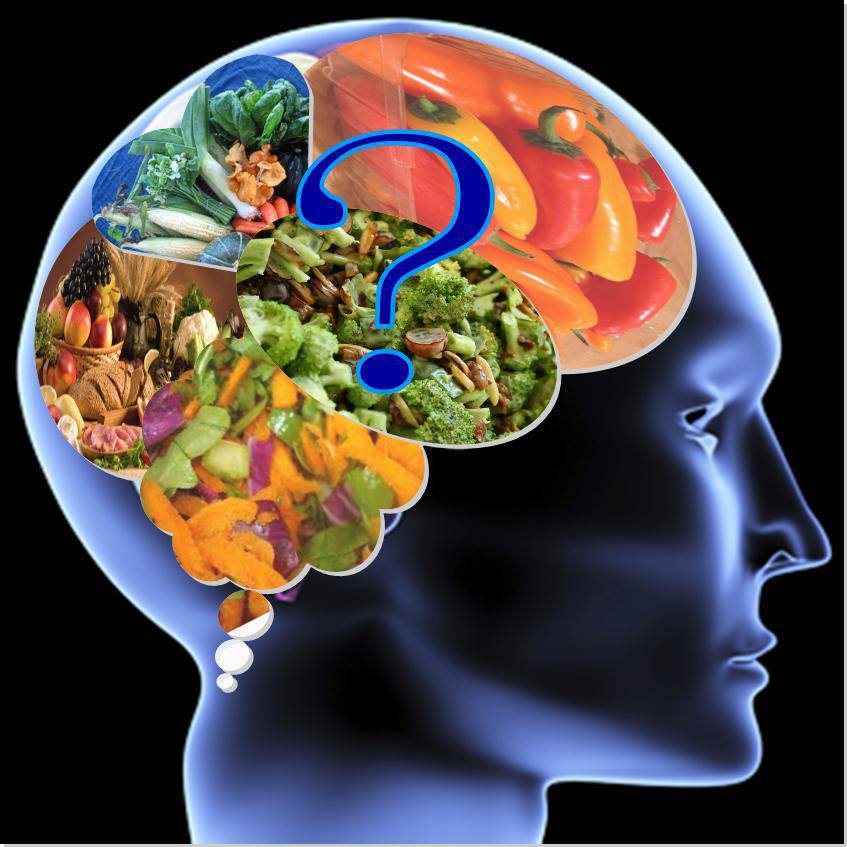
3. Chocolate Negro
Dark chocolate is an excellent source of iron which helps form the sheath that protects neurons and helps control the synthesis of chemicals and chemical pathways that affect mood.
In 2019, a cross-sectional survey of more than 13,000 adults found that regular dark chocolate eaters were 70% less likely to experience symptoms of depression.
"Dark chocolate is also high in antioxidants if you limit your intake of dark chocolate and make sure it doesn't have too much sugar," says Naidu.
4. Coat
Avocado contains a relatively large amount of magnesium, which is important for the proper functioning of the brain. The first report on the treatment of nervous depression with magnesium was published in 1921 and was successful in 220 out of 250 cases.
Since then, numerous studies have shown that depression is associated with magnesium deficiency. Several case studies in which patients received 125 to 300 milligrams of magnesium have shown rapid recovery from major depression, often in less than a week.
“I love to mix avocado, chickpeas and olive oil as a delicious spread on whole grain rye bread toast or as a dressing for freshly cut vegetables,” he said.
The anti-inflammatory and antioxidant effects of the omega-3 fatty acids in walnuts promise to improve thinking and memory (Getty Images)5. Nueces
0068 essential vitamins and minerals eg selenium in brazil nuts.
Anti-inflammatory and antioxidant effects omega-3 fatty acids walnuts are very promising for improving thinking and memory .
“I recommend eating 1/4 cup a day of (no more, nuts are easy to overdo!) as an appetizer or addition to a salad or vegetable side dish.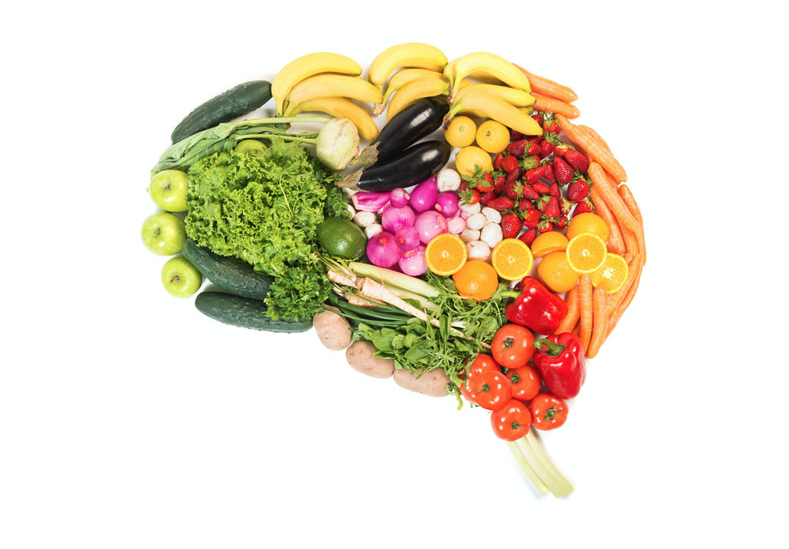 Nuts can even be combined into homemade granola or nut mix, which contains much less sugar and salt than store-bought versions,” he explained.
Nuts can even be combined into homemade granola or nut mix, which contains much less sugar and salt than store-bought versions,” he explained.
6. Green leafy vegetables
“When I say that leafy greens like cabbage are good for health, my patients reject the idea. But leafy greens contain vitamin E, carotenoids and flavonoids, which are nutrients that protect for dementia and cognitive decline,” – confessed to Naidoo.
He concluded: “Another benefit is that they are an incredible source of folate, the natural form of vitamin B9 which is important for red blood cell formation. Where folate deficiency can be the basis of some neurological diseases, improved folate status has a beneficial effect on our cognitive state and is a necessary cofactor in the production of neurotransmitters. Vegetables like spinach, chard and dandelion leaves are also great sources of folic acid!”
Fermented foods are made by combining milk, vegetables or other raw ingredients with microorganisms such as yeast and bacteria.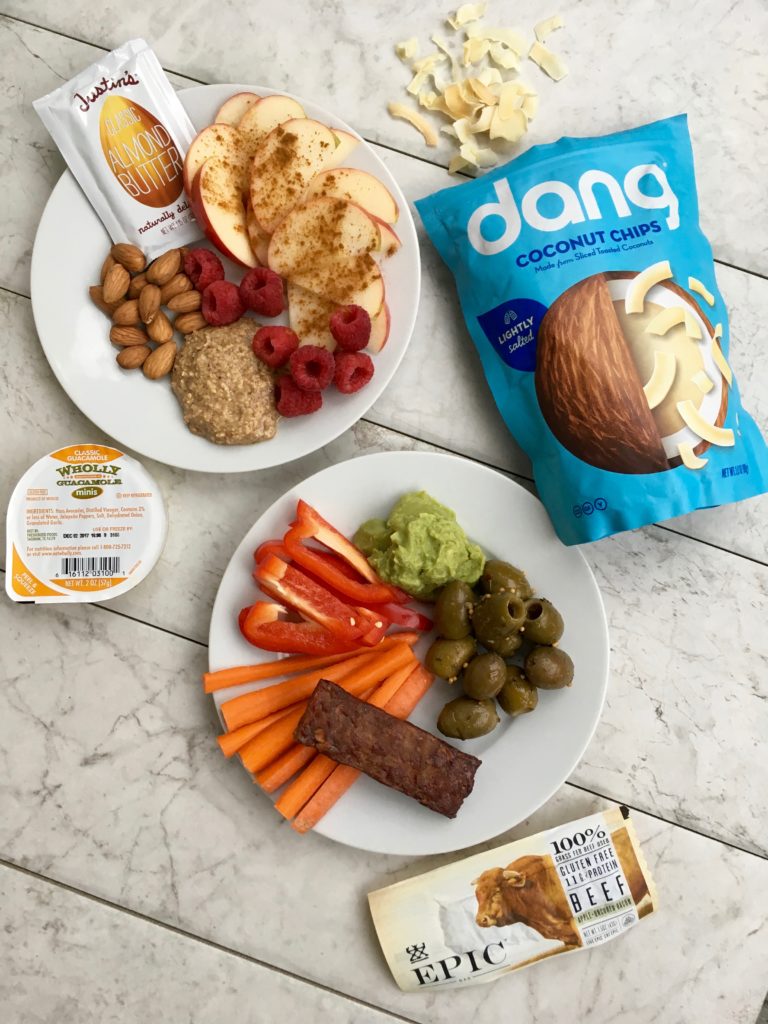 Examples include plain yoghurt with active cultures, sauerkraut, kimchi, and kombucha (Ornella Capone)
Examples include plain yoghurt with active cultures, sauerkraut, kimchi, and kombucha (Ornella Capone) “We found that there is increasing evidence of an association between malnutrition and poor mood, including anxiety and depression. However, much of the current evidence about the health effects of certain foods is not supported by conclusive evidence.”
This is a statement by Dr. Susanne Dixon of Gothenburg University in Sweden and the lead author of the most up-to-date description in the new field of nutritional psychiatry. The results of a study conducted by Dickson were recently published in the journal European Neuropsychopharmacology under titled Nutritional Psychiatry: Towards Better Mental Health Through What You Eat. This new review by several experts in the field confirms that diet has a significant impact on mental health and well-being, but warns that the evidence for many diets is relatively weak.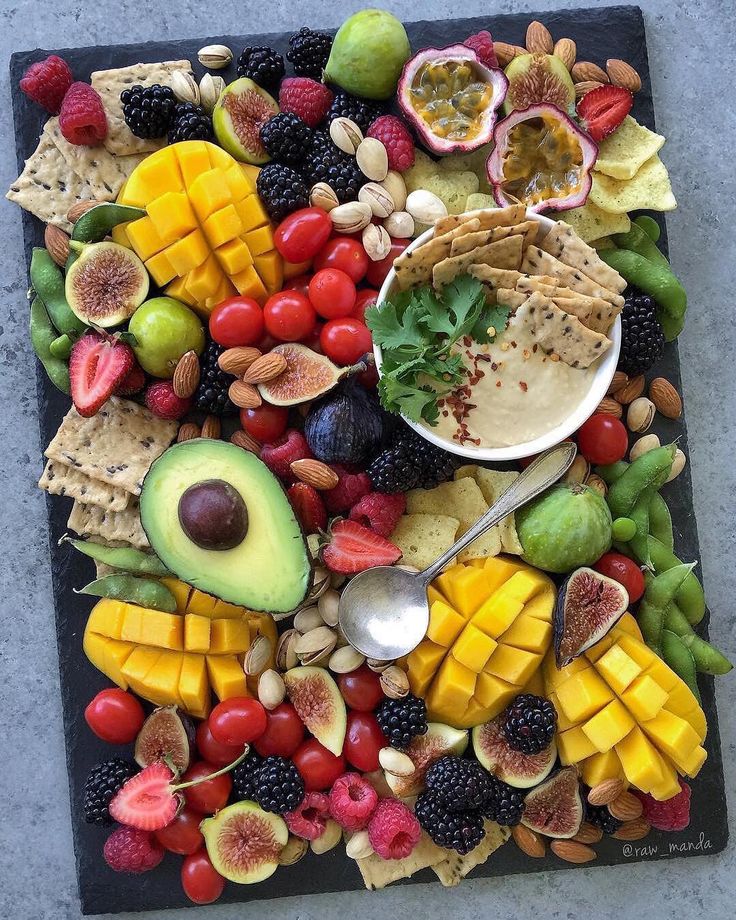
On the one hand, researchers have found that in some areas this link between diet and mental health is well established , for example, the ability of a high-fat, low-carbohydrate ketogenic diet to help children with conditions such as epilepsy , or compensate for the effects of vitamin B 12 deficiency in fatigue, poor memory, or depression. They also found strong evidence that a Mediterranean diet rich in vegetables and olive oil may have mental health benefits, such as providing some protection against depression and anxiety.
However, the researchers warn that for many foods or supplements, the evidence is inconclusive , such as for the use of vitamin D supplements or foods thought to be associated with ADHD or autism . Dixon respectfully asserts that "under individual conditions we often find the most varied proofs." “For example, from ADHD we can see that increasing the amount of refined sugar in the diet, which seems to increase hyperactivity, while eating more fresh fruits and vegetables protects against these symptoms.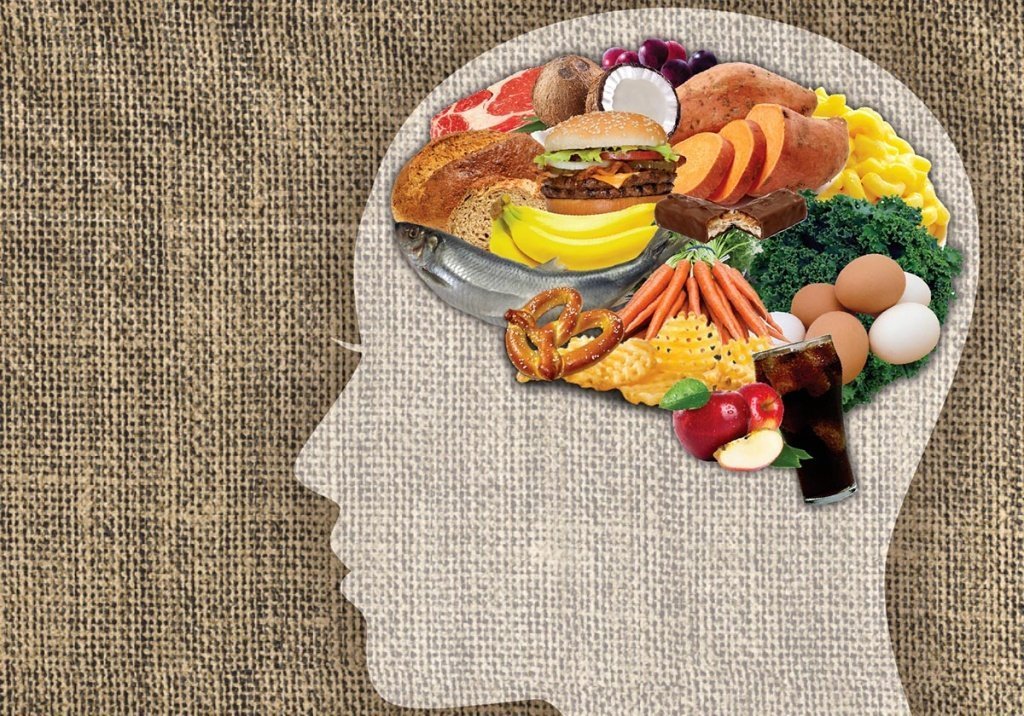




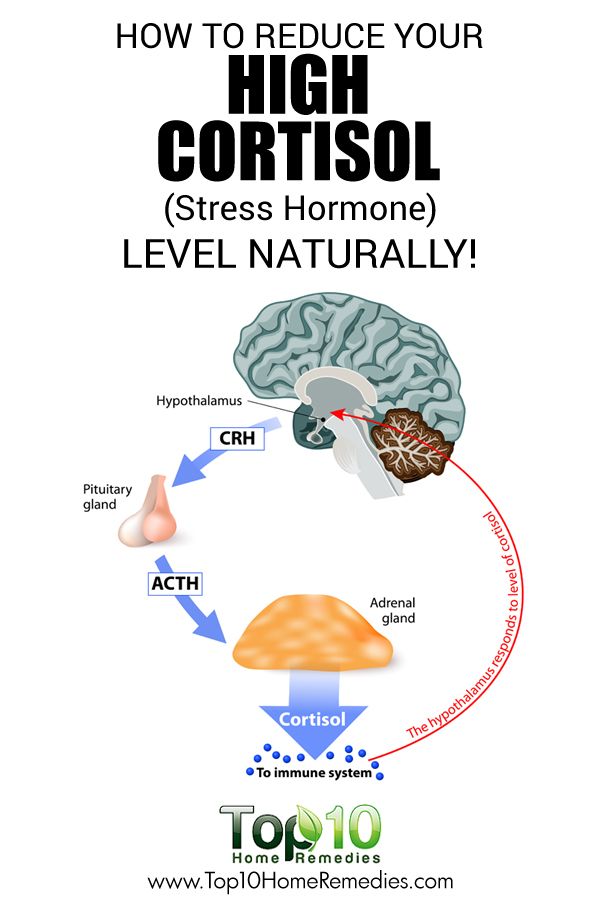
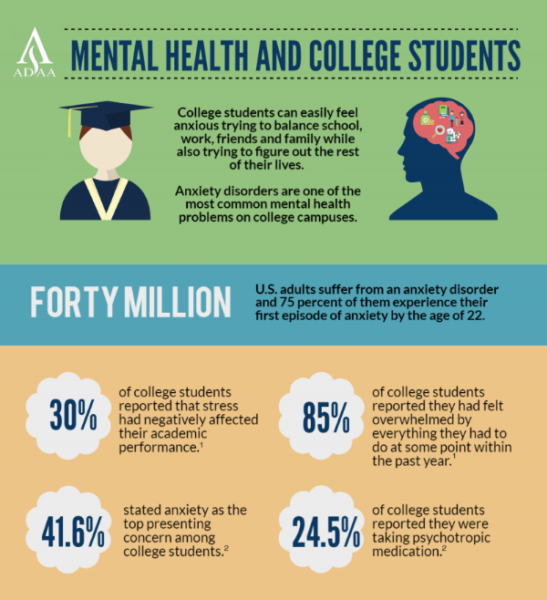
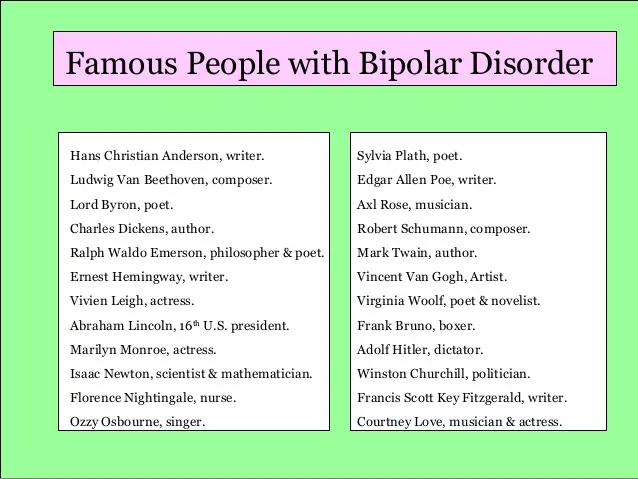
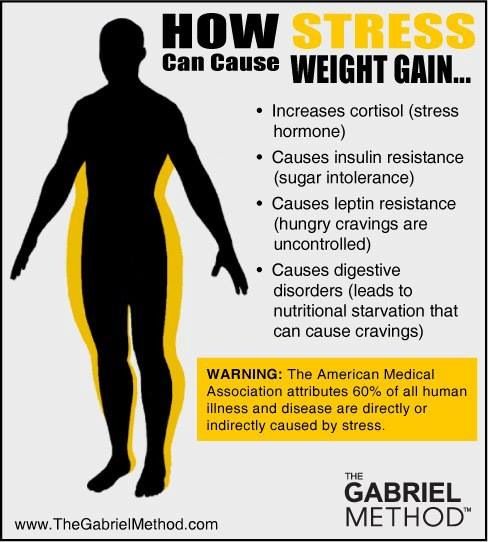


.bmp)




